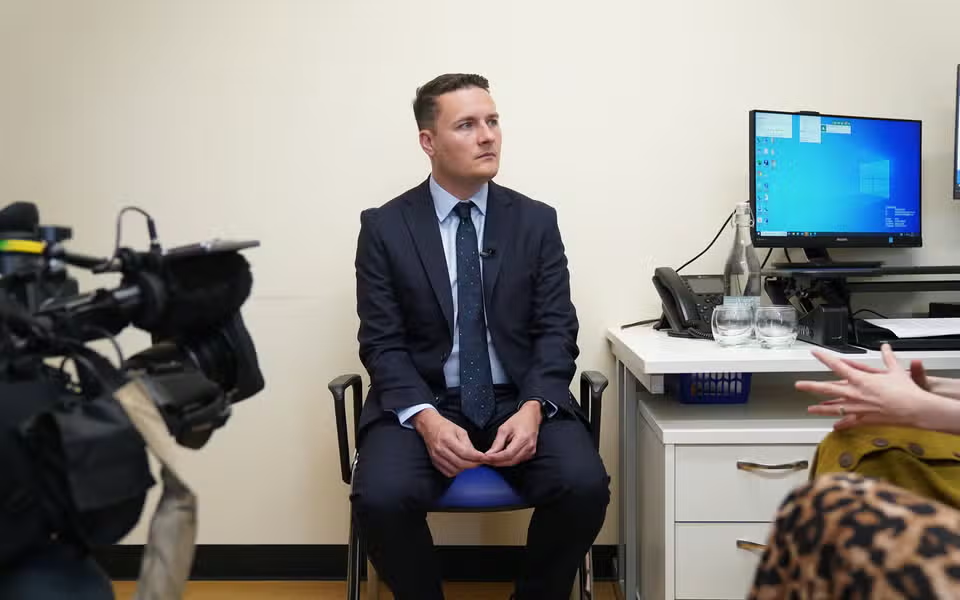
TV star Dame Esther Rantzen said she has “caught a glimpse of hope” with a fresh bid to legalise assisted dying being laid before Parliament on Friday.
Former Labour justice secretary Lord Falconer of Thoroton will introduce a private members’ Bill in the House of Lords which would allow terminally ill adults with six months or fewer left to live to end their lives.
Dame Esther has been campaigning for assisted dying to be legalised since she was diagnosed with lung cancer in January 2023.
Writing in the Daily Express, she said: “This week, for the first time for over a year, I caught a glimpse of hope… I have dared to look forward.”
What we terminally ill need is to be allowed the hope that if life becomes intolerable, we can ask for help to leave it.
Dame Esther Rantzen
She said the first reading of the Bill had provided “light at the end of a tunnel which has trapped me for so long”.
“What we terminally ill need is to be allowed the hope that if life becomes intolerable, we can ask for help to leave it,” she wrote, saying the existing law meant anyone accompanying her on a trip to Switzerland to end her life would be breaking the law.
“The law might actually change in time for me to die peacefully at home surrounded by those I love. Suddenly my heart lifted.”
Last week, Dame Esther’s daughter Rebecca Wilcox said her mother is “living from scan to scan”.
Prime Minister Sir Keir Starmer has doubled down on a pre-election commitment to allow a free vote on changes to assisted dying laws, but has declined to put a timetable on it.

Read More
Lord Falconer was chosen second in the ballot to introduce the Assisted Dying for Terminally Ill Adults Bill.
It is likely to be debated over the coming year and if it receives sufficient support, it could become law.
Assisting someone to end their life is currently a criminal offence in England and Wales.
An emotional debate in Westminster Hall earlier this year saw MPs from across the political spectrum give impassioned speeches for and against changing the law.
Critics argue that legalisation could put pressure on vulnerable people to end their lives for fear of being a burden on others and that the disabled, elderly, sick or depressed could be especially at risk.
Proponents say it would allow people to die with dignity and some argue that death is a private matter and the state should not interfere.
Disclaimer: The copyright of this article belongs to the original author. Reposting this article is solely for the purpose of information dissemination and does not constitute any investment advice. If there is any infringement, please contact us immediately. We will make corrections or deletions as necessary. Thank you.



